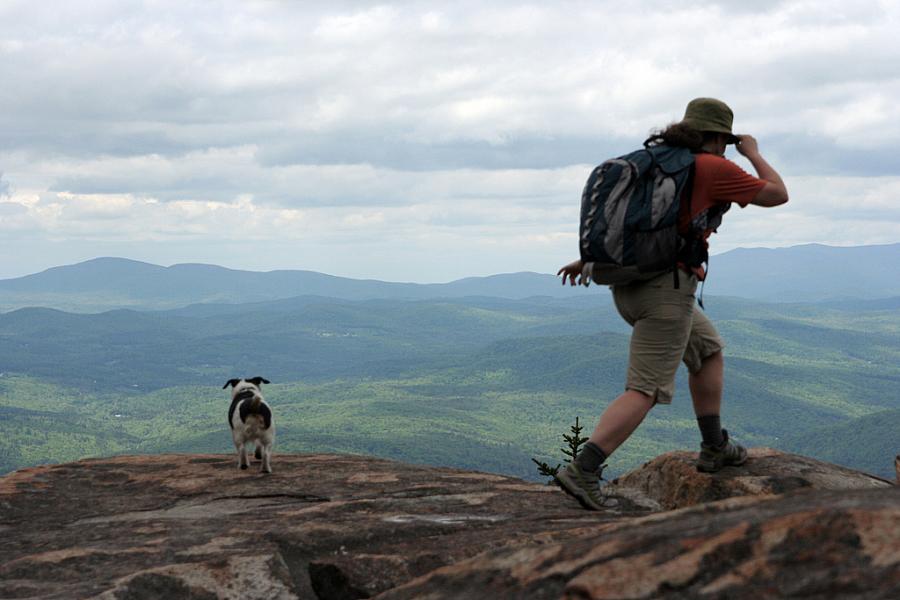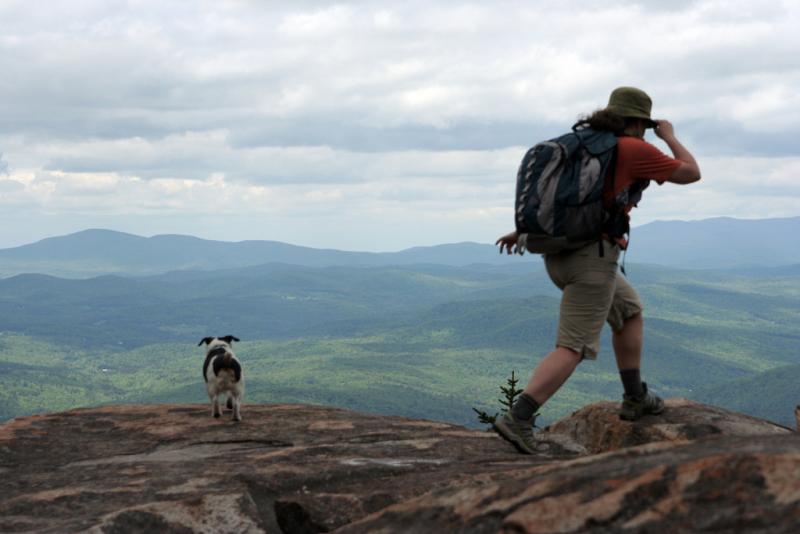A Public Death: Lost Hiker Reveals Flawed Search and Rescue Policy

 What if you called the police and they refused to help?
What if you called the police and they refused to help?
The parents of 19-year-old Levi Duclos started to worry when their son had not returned from what should have been a short hike in the mountains of Vermont. They called 911 around 8 p.m., as any worried parent might.
But Vermont State Police did not show up until 10 p.m. and then refused to organize a search for Duclos, telling his family that they didn't do searches overnight. When they finally did try to find Duclos the next morning, he was found dead with his dog standing guard over the body. Duclos' family immediately suspected hypothermia. It was early January. Temperatures had dropped to 8 degrees Fahrenheit that night, and had never been much above freezing all day.
"At a body temperature of 97 degrees, our protective instincts start to fade," Brian Stoudnour, a certified Wilderness First Responder and director of programming for the Hulbert Outdoor Center in Fairlee, Vermont, told Cindy Ellen Hill for VT Digger. "There's a tendency to feel the opposite of cold, and you take layers off due to diminished brain function. Your mood and reactions change. At 96, a constant uncontrollable shiver sets in as a tremor. Your body is attempting to create more body heat. You have decreased fine motor skills, dexterity fails, voice starts to fail. By 92 degrees, the shivering is super intense and you are unable to walk. At 90 degrees the shivering becomes convulsive, like a seizure."
The family didn't wait around for Vermont State Police. They searched on their own but had no luck finding Duclos, in part because they only had their wits and their flashlights as aids. Vermont State Police had access to a cellphone finder that allowed them to track the location of Duclos' phone. That's how they ultimately found his body. Had the police simply flipped the switch on that device at 8 p.m. when his parents called, Duclos' family believes he may have been saved.
The initial state medical examiner's investigation into Duclos' death confirms the family's suspicions. Terri Hallenbeck at the Burlington Free Press writes:
A death certificate on file at the state Health Department lists hypothermia as the cause of death and notes "poor preparation for winter hiking in rugged, remote terrain."
"An aunt said they believe he became separated from the phone in his hypothermic confusion," Hallenbeck told me. "His uncle said they wonder if he might have been saved if the phone had been pinged the night before, but I don't think he suggested it would have been a sure thing."
Hallenbeck shared Duclos' death certificate with me. One of the other important details in the certificate is the fact that no other injuries were noted. He did not fall and suffer a brain injury. He was not found drowned in a nearby stream. He likely died because he became too cold and that leads directly to the question of whether he could have been saved by an earlier search.
By being able to get access to the death certificate, quickly and for free, Hallenbeck told me, she was able to verify a crucial piece of information for the story.
The state is performing an autopsy that it expects to complete soon. Meanwhile, Duclos' family is rallying support around the idea that Vermont State Police be stripped of its authority in search and rescue situations.
Have a thought on how public death records can help in reporting? Share your comment below. Send me a note at askantidote@gmail.com or via Twitter @wheisel.
For more posts in the A Public Death series, click here.
Photo credit: M Pincus via Flickr

